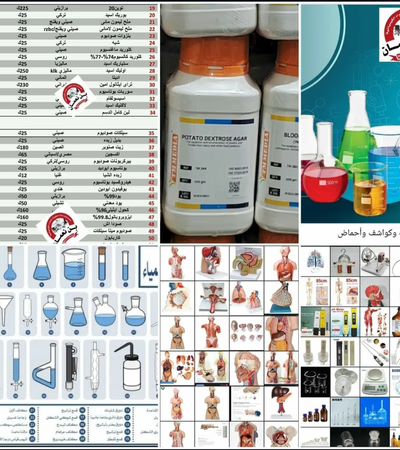Yemen"s petroleum market presents a paradox of escalating imports despite its rich hydrocarbon reserves. In 2019, Yemen"s fuel imports reached an astounding $1. 34 billion, while exports remained negligible at just over $12,000, according to WITS - UNSD Comtrade. This stark imbalance points to significant inefficiencies in domestic production and export capabilities. The steady increase in import values from $647 million in 2015 to $1. 34 billion in 2019 underscores Yemen"s reliance on foreign petroleum, critical for meeting domestic energy demands. Concurrently, the share of fuel imports rose from 9. 85% to 28.
42% of total merchandise imports over the same period, reflecting an increasing demand for energy-intensive goods. This trend indicates a potential area for growth if local production can be ramped up. One evident opportunity is in the diversification of petroleum products. The global comparison shows that countries with more diversified petroleum export profiles, like refined products and specialty chemicals, have healthier trade balances. Yemen could benefit from investing in refining capabilities, particularly in producing base oil, bitumen, engine oil, paraffin, and petroleum coke, which are in demand internationally. Aritral. com, an AI-driven B2B platform, offers a strategic solution for businesses looking to tap into this potential. By leveraging services like Product Listing and AI-Powered Marketing, Yemeni firms can streamline their international trade operations.
Tools for Direct Communication and Profile Management could also enhance access to global markets, helping to bridge the current import-export gap efficiently. In conclusion, while challenges persist, Yemen"s petroleum sector offers untapped opportunities for growth through improved production and strategic market engagement, facilitated by platforms like Aritral. com. Stakeholders looking to expand their footprint in the global petroleum landscape should consider these strategic insights in their planning.
-

 یمن
بن نعمان لمسالیزامات المعاملات التعلیمیة والصناعیة بأجهزتها وموادیها الكیمیائیة
یمن
بن نعمان لمسالیزامات المعاملات التعلیمیة والصناعیة بأجهزتها وموادیها الكیمیائیة
#هرڅوک د لابراتورونو سره اړوند هرڅه لري: ✅په ټولو شکلونو کې ماډلونه ✅اوزار او تجربوي وسایل ✅#تعلیمي_لوبې ✅#شیشې ✅#کیمیاوي مواد ✅#پلاستیک ✅او ټول لابرا...تفصیلات
-
 یاسر 3 میاشتې مخکې
یاسر 3 میاشتې مخکې یمن
قیمتي ډبرې
یمن
قیمتي ډبرې
ما پر خدای تکیه کړې دهتفصیلات


